Independent media in Cuba are the vanguard of the process of building democracy
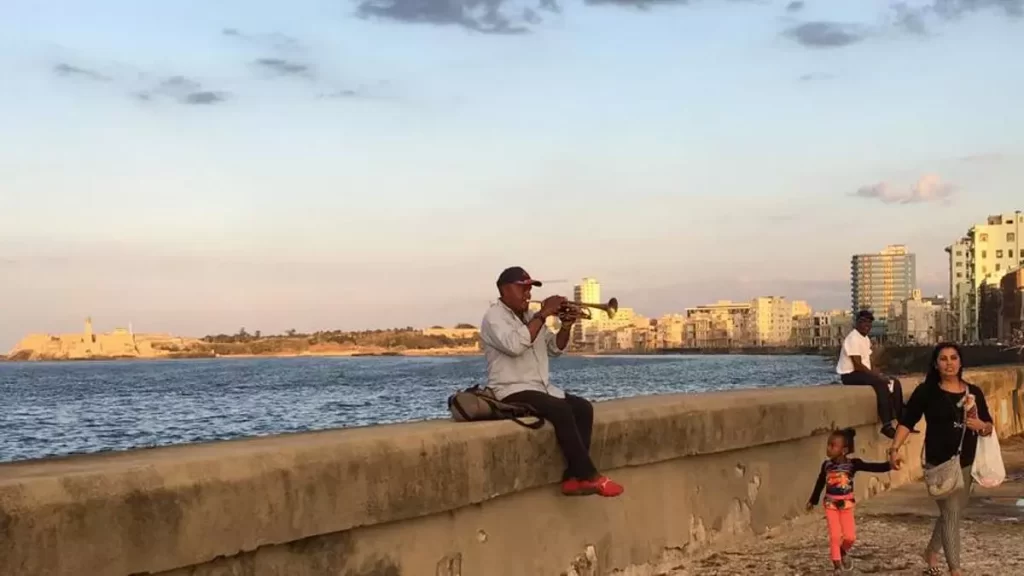
![]() 14ymedio, May 22, 2024 — Being a journalist is not being an activist. Journalism is not called to the ranks of any political party or ideology, but rather to report facts of general interest that prove that they are true, and with a simple and complex purpose at the same time: to keep citizens informed so that they can make decisions. In its exercise, in a natural way, journalism calls into question those who direct public affairs. That is why it has always been called the “fourth estate,” in an expression coined in the 19th century by Thomas B. Macaulay based on a distorted quote by Edmund Burke, which signals the objective of overseeing the other three powers, described by Montesquieu: executive, legislative and judicial. All this, of course, in a democracy. What happens in a dictatorship, like the Cuban one, in which 14ymedio was born? The same.
14ymedio, May 22, 2024 — Being a journalist is not being an activist. Journalism is not called to the ranks of any political party or ideology, but rather to report facts of general interest that prove that they are true, and with a simple and complex purpose at the same time: to keep citizens informed so that they can make decisions. In its exercise, in a natural way, journalism calls into question those who direct public affairs. That is why it has always been called the “fourth estate,” in an expression coined in the 19th century by Thomas B. Macaulay based on a distorted quote by Edmund Burke, which signals the objective of overseeing the other three powers, described by Montesquieu: executive, legislative and judicial. All this, of course, in a democracy. What happens in a dictatorship, like the Cuban one, in which 14ymedio was born? The same.
A newspaper independent of any party or organization, 14ymedio was blocked from the first day on thecountry’s servers, all controlled by the regime. It was a useless gesture, which only demonstrated the vital importance of the profession in promoting truth and freedom. The constant harassment of the Editorial Office in Havana and its reporters was also in vain: we are still here, ten years later. As if that were not enough, our work influences Cuba on a daily basis, both the Government and its citizens. Sometimes it leaves a simple discomfort on the part of the authorities, for revealing things they are hiding; other times, it has moved them to change their plans; in a few other instances have forced them to resolve situations reported by the population. Not bad for a censored newspaper!
To illustrate this, we have compiled some examples. We want to convey to our readers that, despite the dictatorship, journalism can be practiced as the vanguard of a process of building the democracy that we want for Cuba.
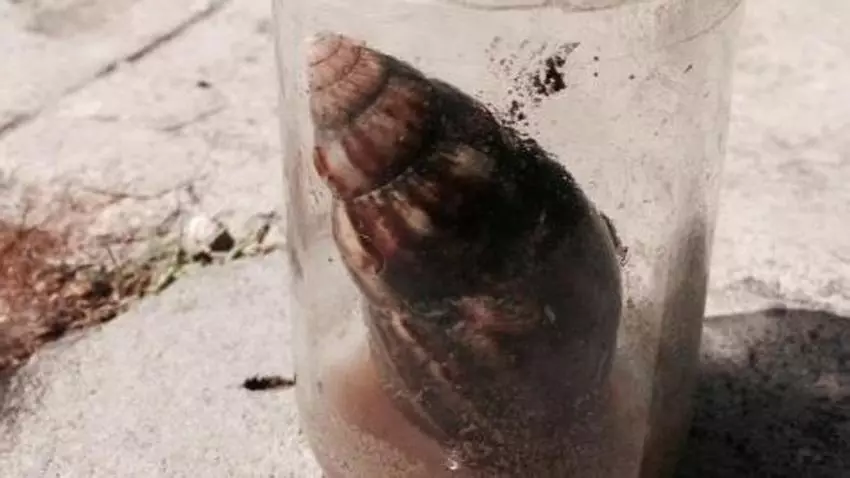
1. The African snail is no longer taboo in Cuba. Recently, this newspaper reported on the proliferation on the Island of the giant African snail or Achatina fulica, an invasive species, potentially dangerous for human health and crops. In those days, the authorities were already on alert, but they were very hesitant to inform the population. From the first article that appeared in 14ymedio, the African snail was no longer taboo in the official press.
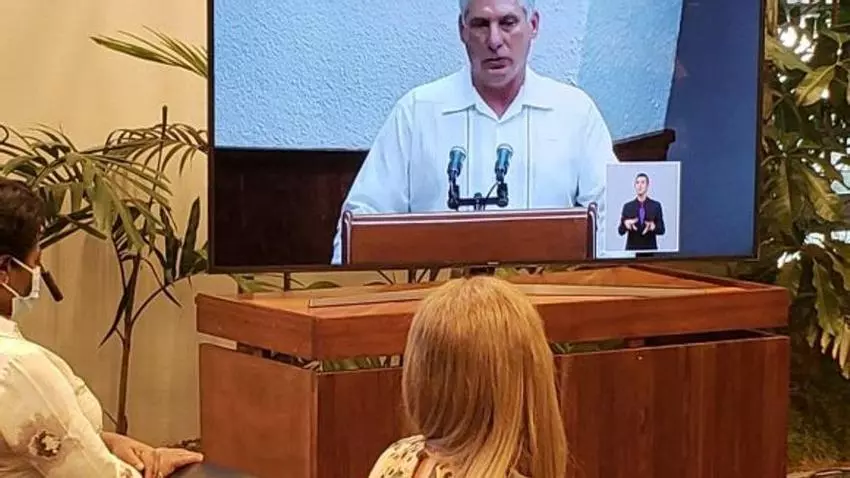
2. The Government moves up the announcement of the “dollarization” of essential goods. When the first stores taking payment in foreign currency (that is, in freely convertible currency or MLC) and payment by magnetic card opened in Cuba in 2019, no one imagined that they would extend beyond the household appliances and spare parts they were then allowed to sell. That food or hygiene products, vital for daily life, might be sold in those stores was anathema. But that “circumstantial” or “temporary” crisis, as the government preferred to call it, soon became permanent. The lack of liquidity in the national economy forced the regime to expand “dollarization,” and this newspaper reported the exclusive, a week before the Government, as a fait accompli, announced it. The day after our note, a visibly disturbed Miguel Díaz-Canel announced in a special edition of the Round Table TV program that the dollar would be allowed and its use expanded for the purchase of food.
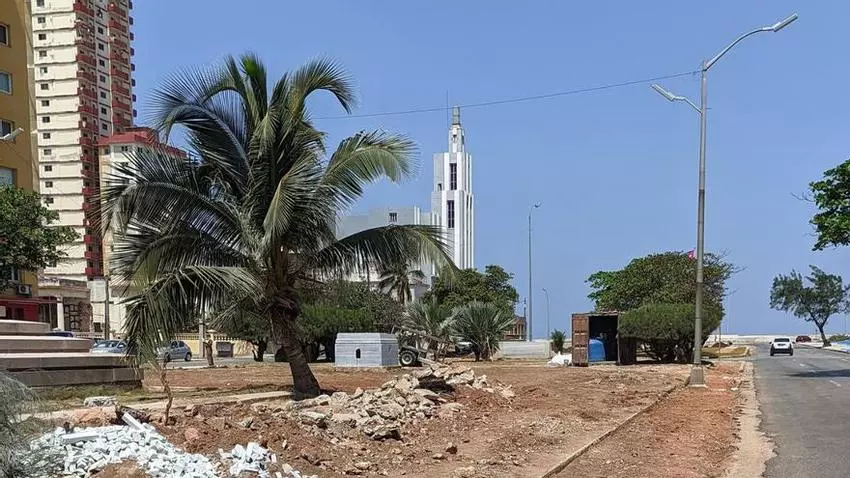
3. Green returns to G Street in Havana. In April 2021, after months of complaints from architects and citizens, which 14ymedio had echoed , for covering one of the sections of the capital’s Avenida de los Presidentes with cobblestones, also known as G Street, the authorities removed the gray cement and they restored the grass.
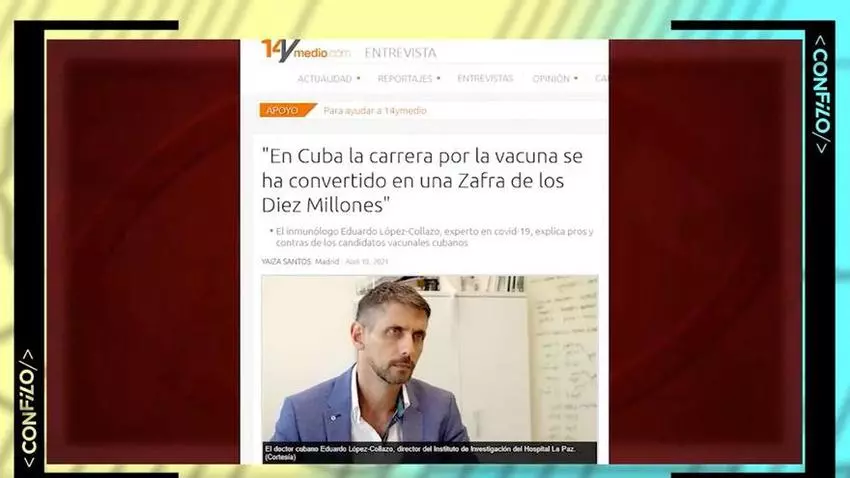
4. Scientific information about Covid, “media war.” When the deadliest moment of the Covid-19 pandemic began in Cuba, the regime had rejected help from the World Health Organization (WHO) to receive, like other disadvantaged countries, recently approved vaccines such as Pfizer or AstraZeneca, and instead launched a propaganda campaign to praise the development of its own antidotes. These began to be administered to the population without receiving the endorsement of the relevant international organizations. Given the lack of official information, 14ymedio turned to one of the leading specialists on the subject, Eduardo López Collazo, director of the prestigious Research Institute at the La Paz Hospital in Madrid and, as it happened, a Cuban. The interview was included as “bibliography” in an official note that attempted to discredit objective information about Cuban vaccines and was the object of ridicule on television programs such as Con Filo.
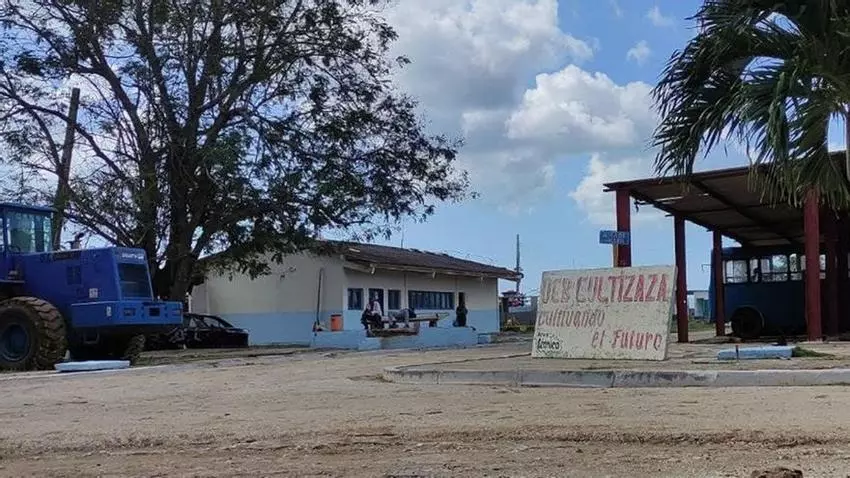
5. The Government invents a “rainstorm.” At the end of 2021, one of the Cultizaza company tanks burst in Sancti Spíritus, the largest producer of shrimp on the Island, which is vitally important for export. Dozens of people came from the neighboring municipality, Tunas de Zaza, to collect the crustacean in bags and pockets. The news would not have spread if this newspaper had not published it, with exclusive sources of information. Two days later, the official press was forced to give an explanation: an “intense local rainstorm caused a breakdown in one of the ponds intended for the development of shrimp.” The problem is that neither that day nor the previous ones did it rain in Sancti Spíritus.
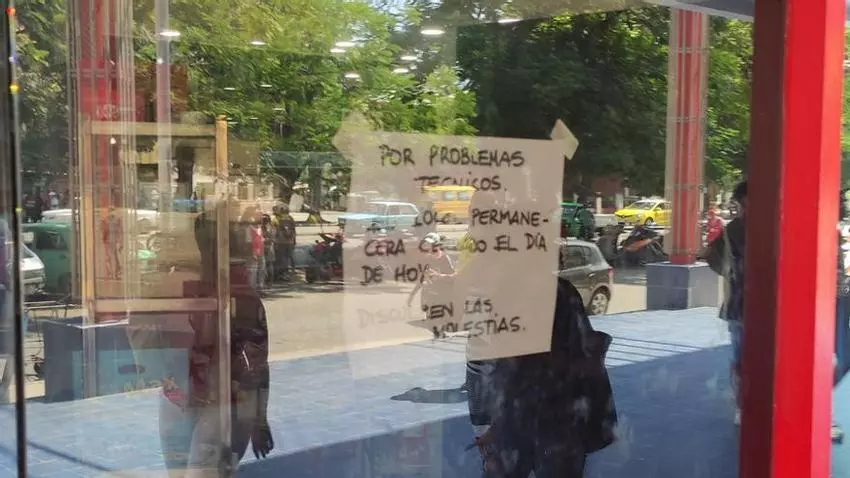
6. New private businesses cause discomfort. The Island has seen, in recent years, how state premises passed into the hands of micro, small and medium-sized businesses (MSMEs) without any announcement or explanation. One of the first was Fress, in the Plaza de Carlos III. In the chronicle of its inauguration, 14ymedio revealed that its owner was a foreigner. Just three days later, the business closed “due to technical problems.”
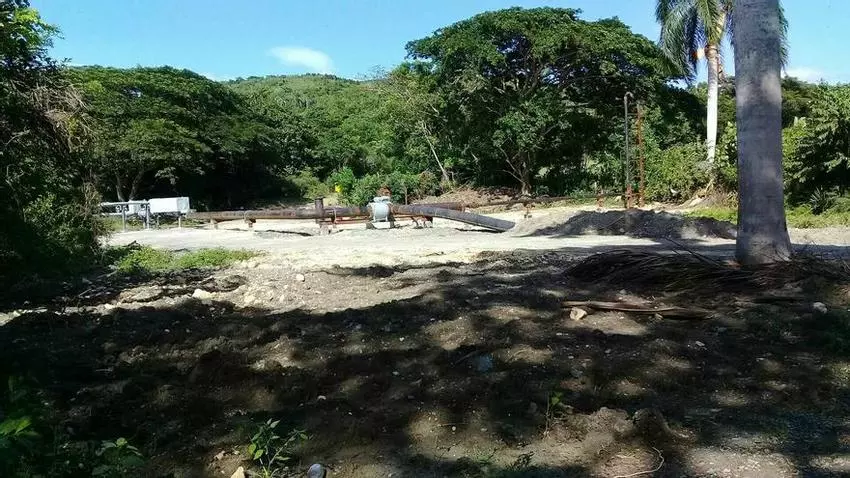
7. When journalism serves small communities. The residents of Puerto Escondido, in the province of Mayabeque, were desperate when they came to this newspaper to denounce the situation they were experiencing. Constant gas leaks, hydrocarbon contamination and, especially, the installation of a pipeline in the only baseball field in the municipality. The note published in 14ymedio caused Energas to attend to the population and move the pipeline to another location.
____________
COLLABORATE WITH OUR WORK: The 14ymedio team is committed to practicing serious journalism that reflects Cuba’s reality in all its depth. Thank you for joining us on this long journey. We invite you to continue supporting us by becoming a member of 14ymedio now. Together we can continue transforming journalism in Cuba.
